Judge Swain Receives Request to Stop Workday Reduction (document)

A creditor in the Puerto Rican government’s bankruptcy case submitted a request yesterday before Judge Laura Taylor Swain to overrule the order to reduce the workdays and eliminate the Christmas bonus.
This creditor, Interamericas Turnkey, Inc., had filed the request for the Highways and Transportation Authority case, but they received an order to do it for the primary bankruptcy case, which they did today.
As of this moment, this is the only request to be officially submitted before Judge Swain on the issue that has kept Rosselló Nevares’s administration and the Fiscal Control Board (FCB) at odds.
Thefurloughand the elimination of the bonus were made official as of the Fiscal Plan’s certification. On one hand, the government has claimed that this was imposed by the FCB, but the government has refused to submit the documents exchanged with the Board before the FCB certified the Fiscal Plan and signed the budget for the current fiscal year into law.
So far, Governor Ricardo Rosselló Nevares has upheld that he will not abide by the FCB’s order to implement this measure. Meanwhile, the Board established by PROMESA has not disclosed how they plan to enforce the order.
According to the motion filed by Interamericas, Judge Swain must put a stop on thefurloughand bonus elimination because this is the income of public employees, and removing this money from the economy would result in a reduction of revenues for the Puerto Rico Sales and Use Tax (IVU), which would in turn affect creditors, because there would be less public funds to repay the debt.
The claim adds that the amount of money the government should pay its creditors is an issue that has not yet been solved, and that it still needs to be approved in court. Therefore, according to Interamericas, the Board is overstepping its bounds by intervening in an issue that has not yet been resolved in court: the final amount to repay the debt.
Another claim is that the Board and the court have the means to involve the US Department of Treasury as an alternative, instead of reducing the income of public employees.

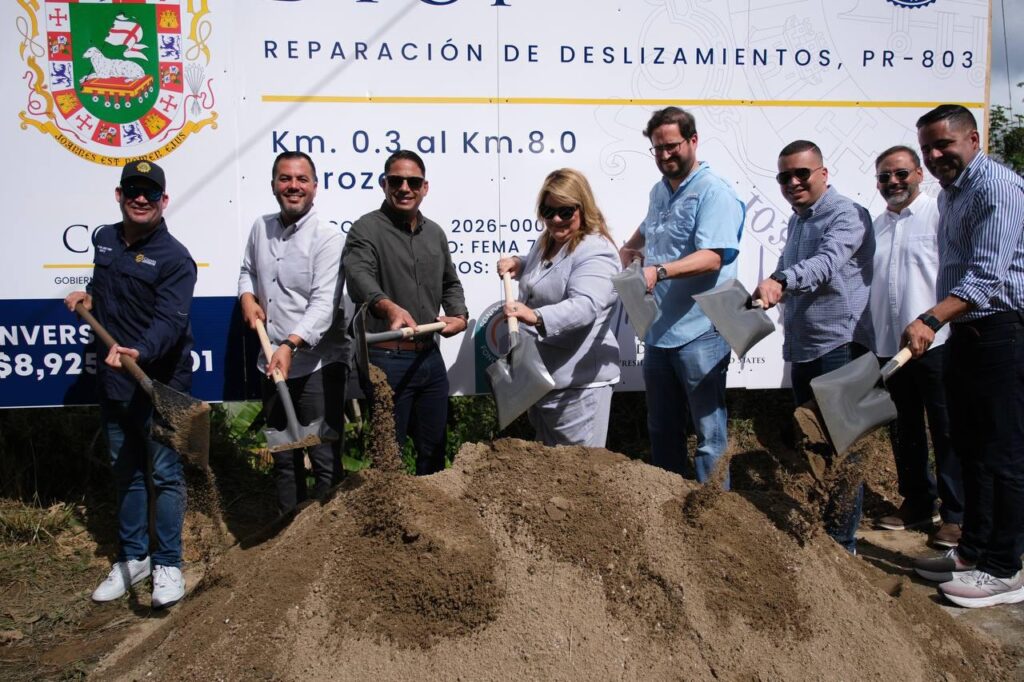

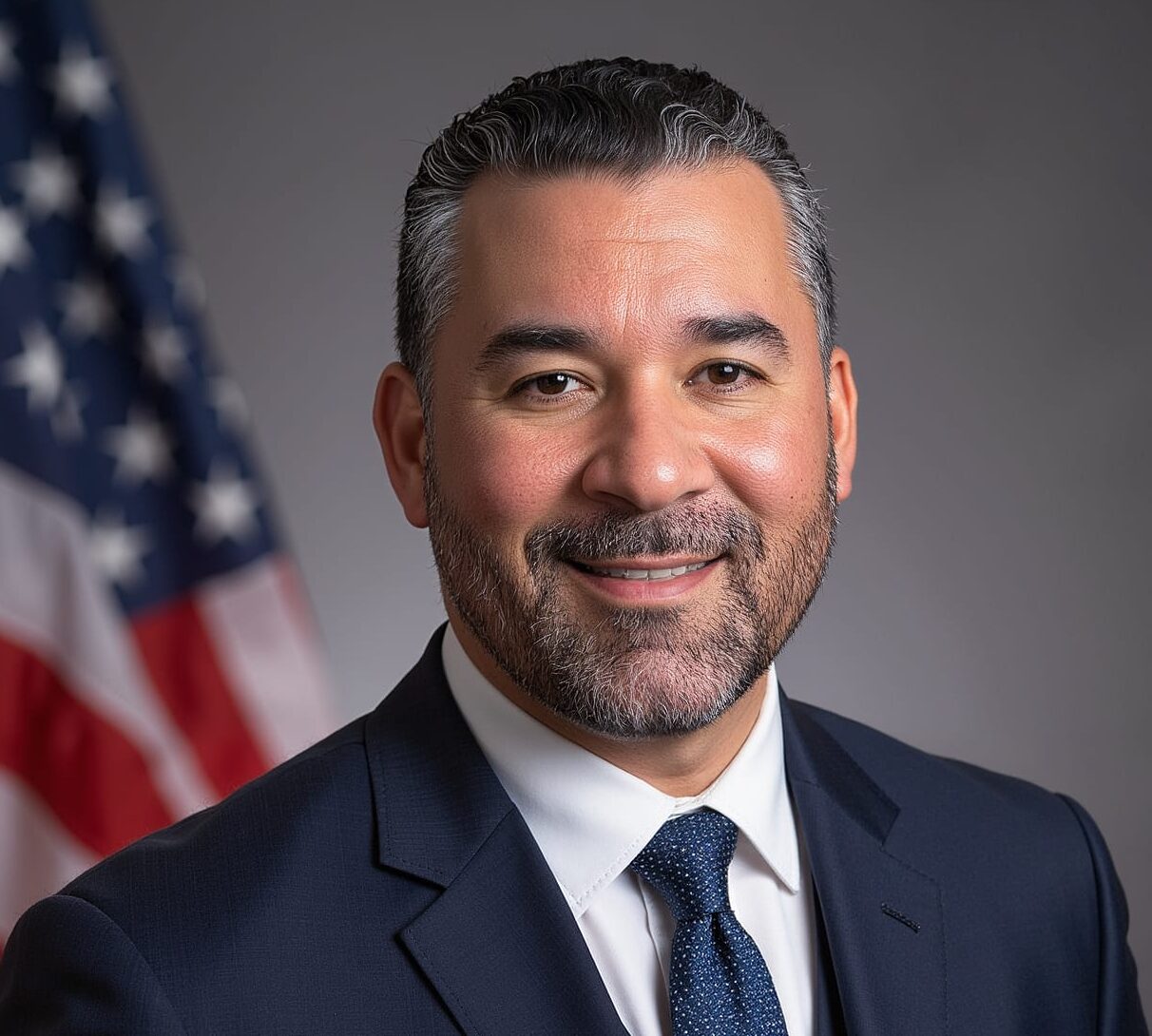



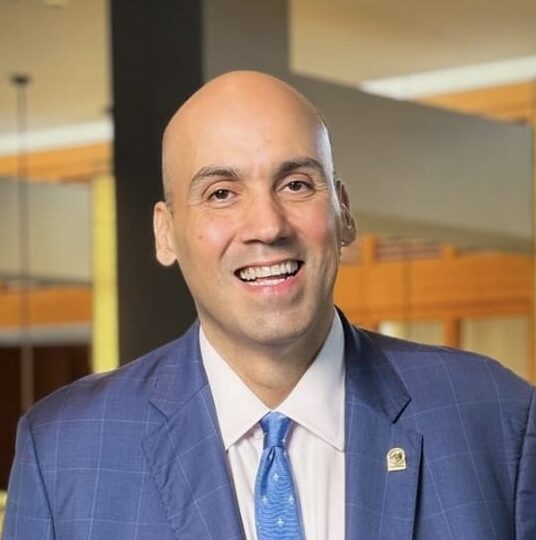
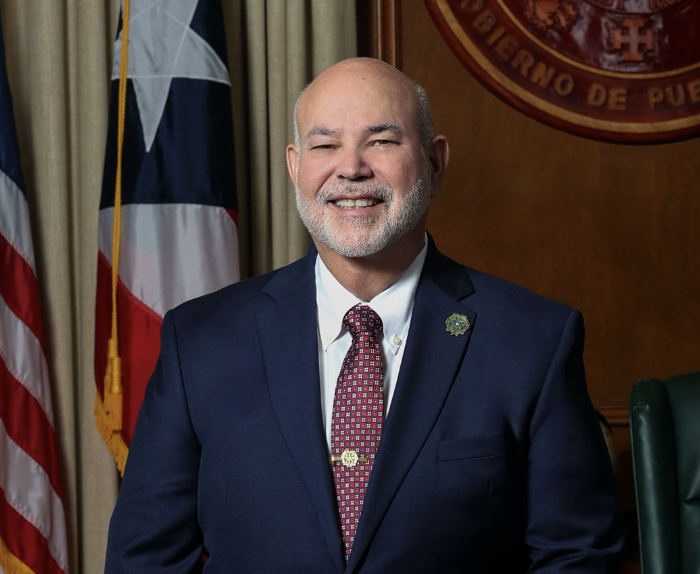

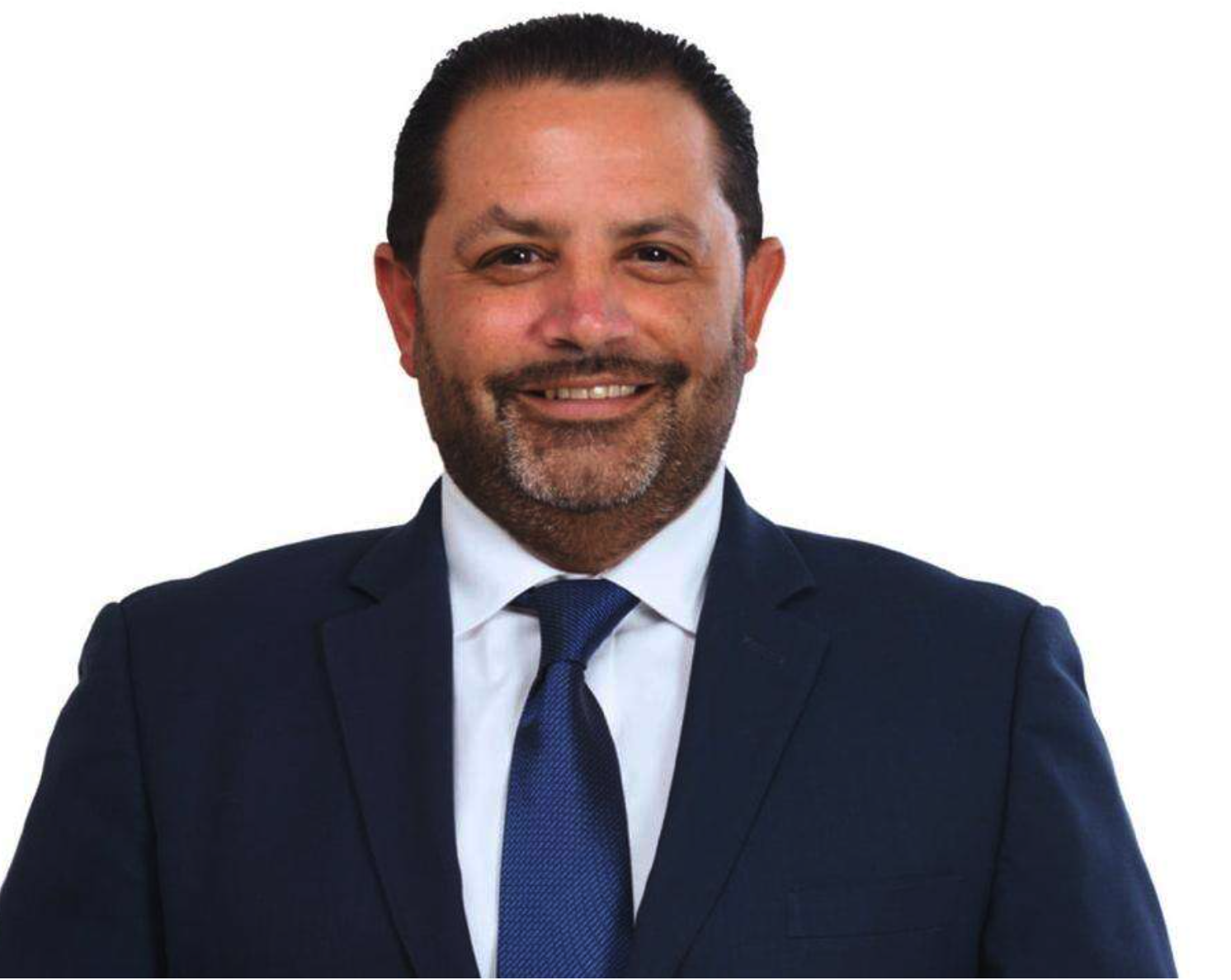

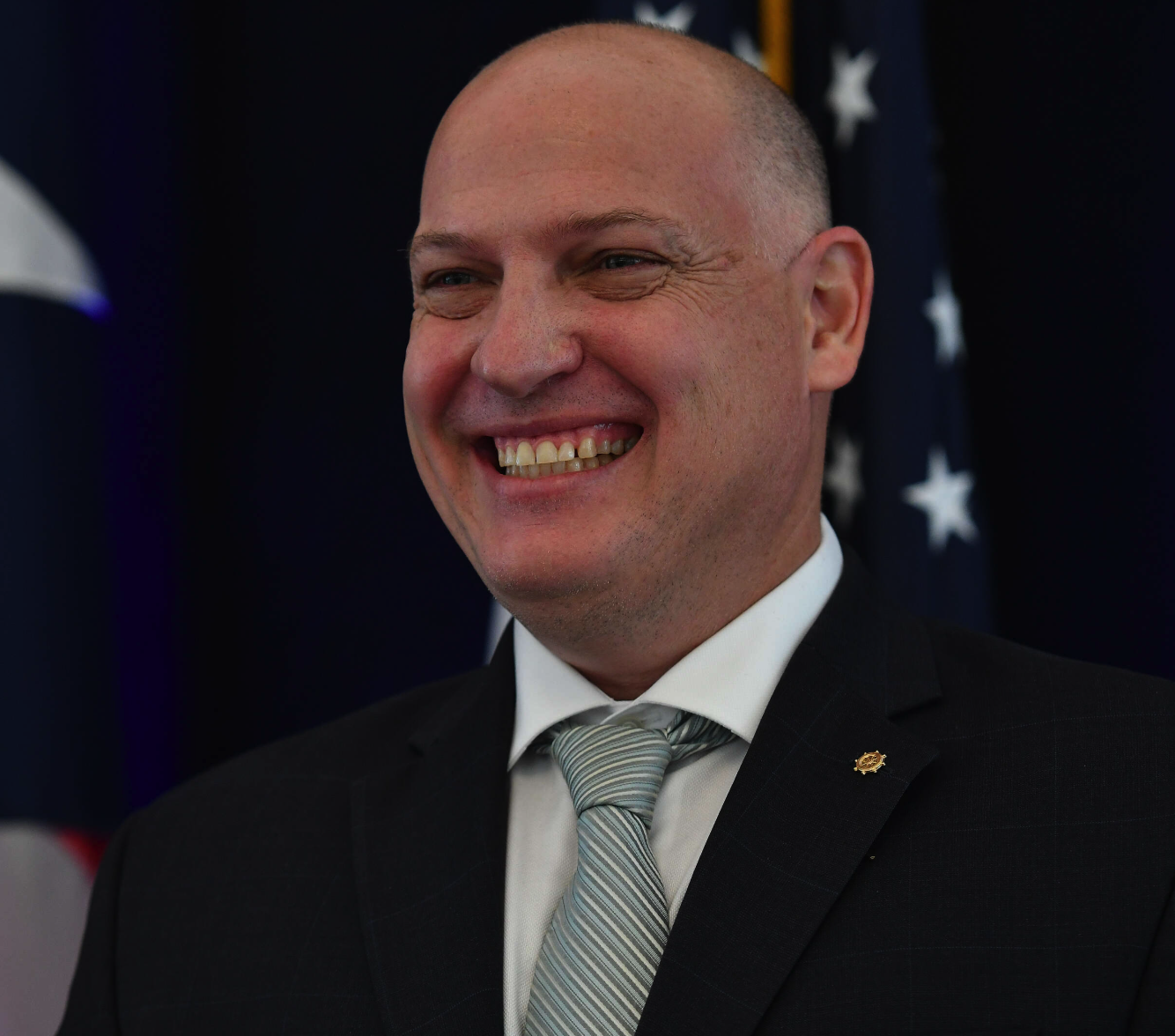
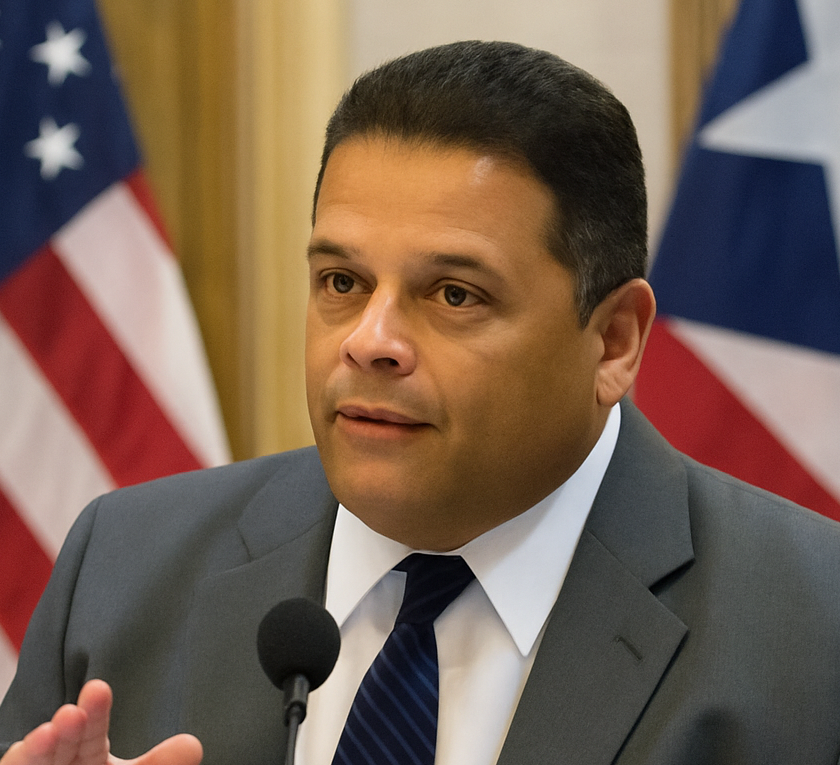








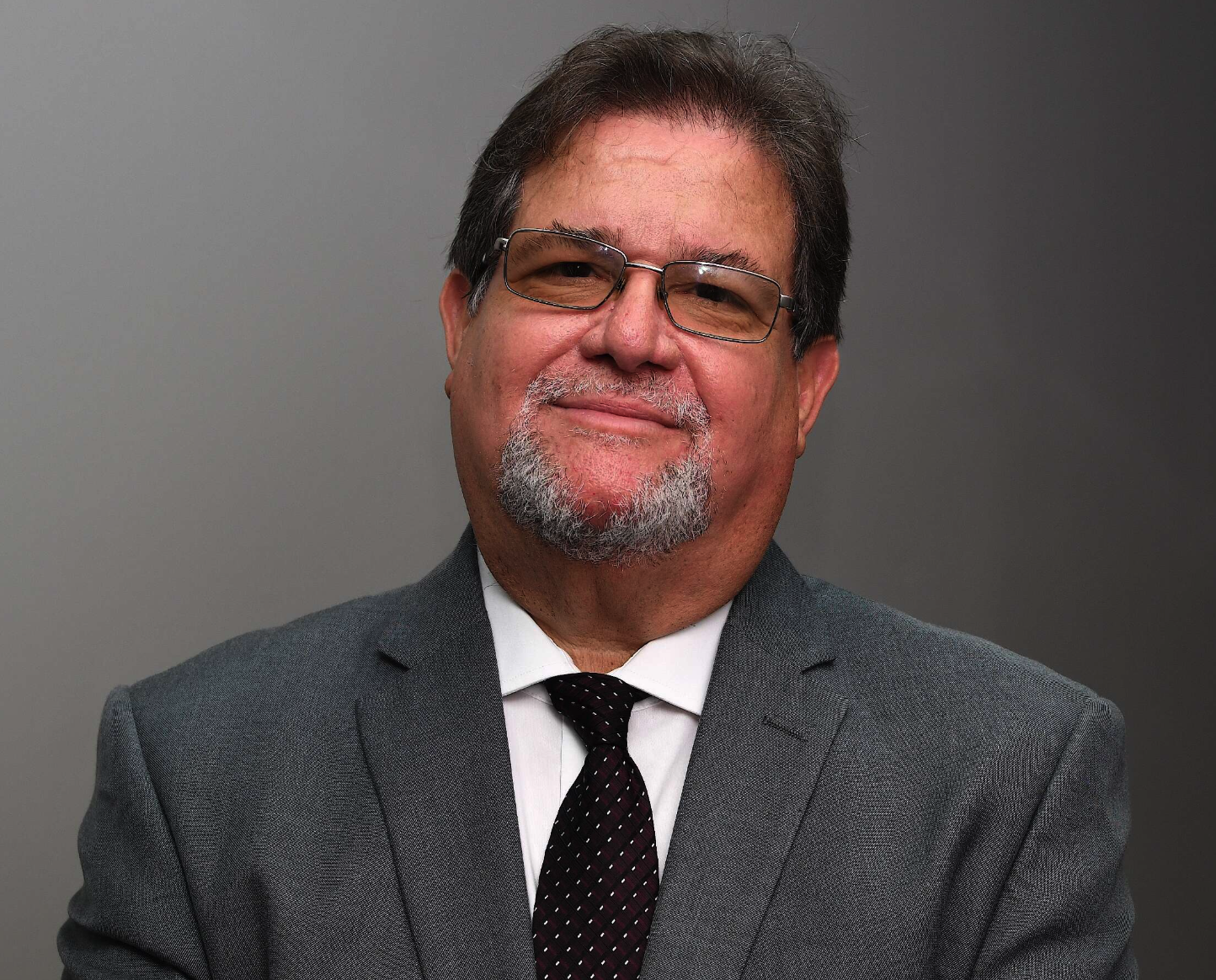
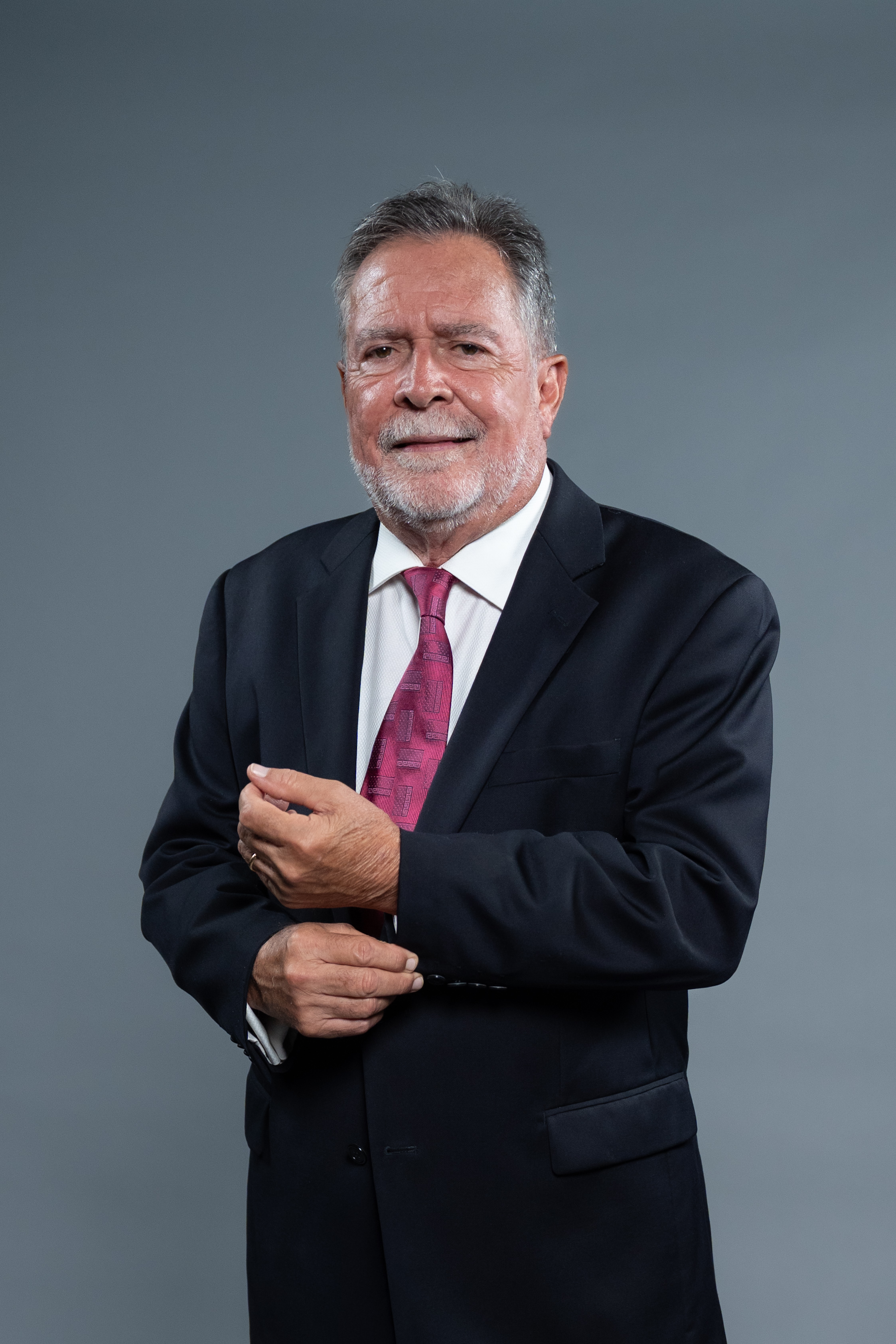

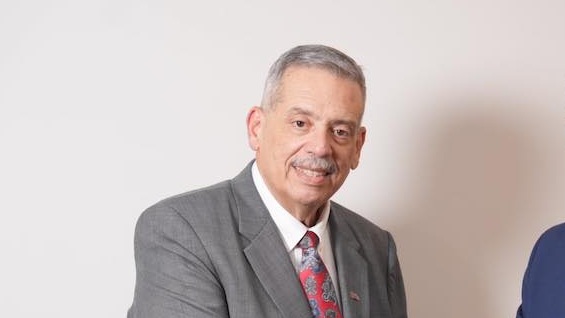
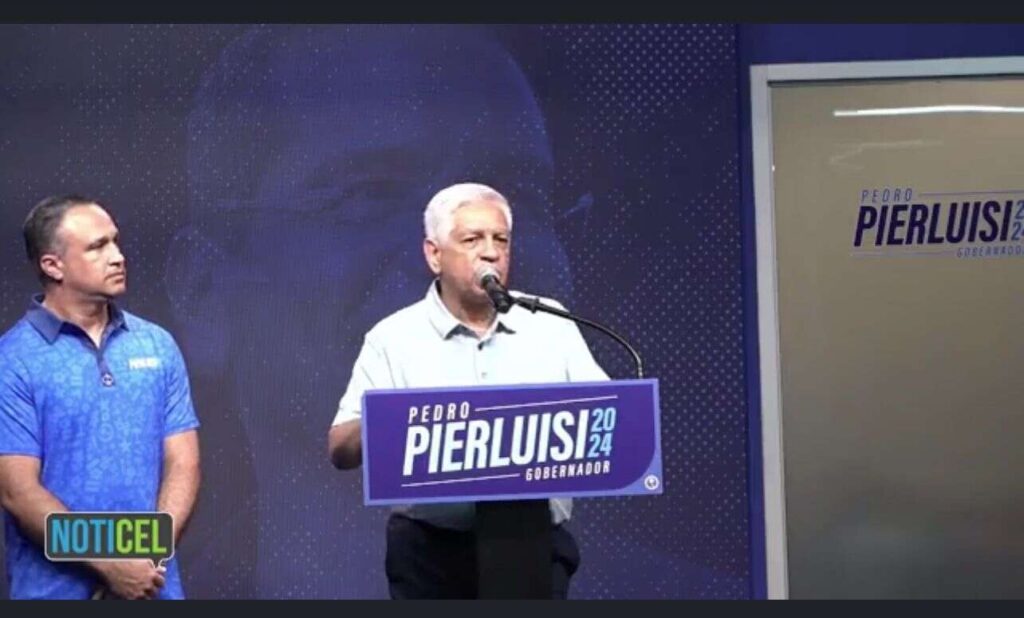


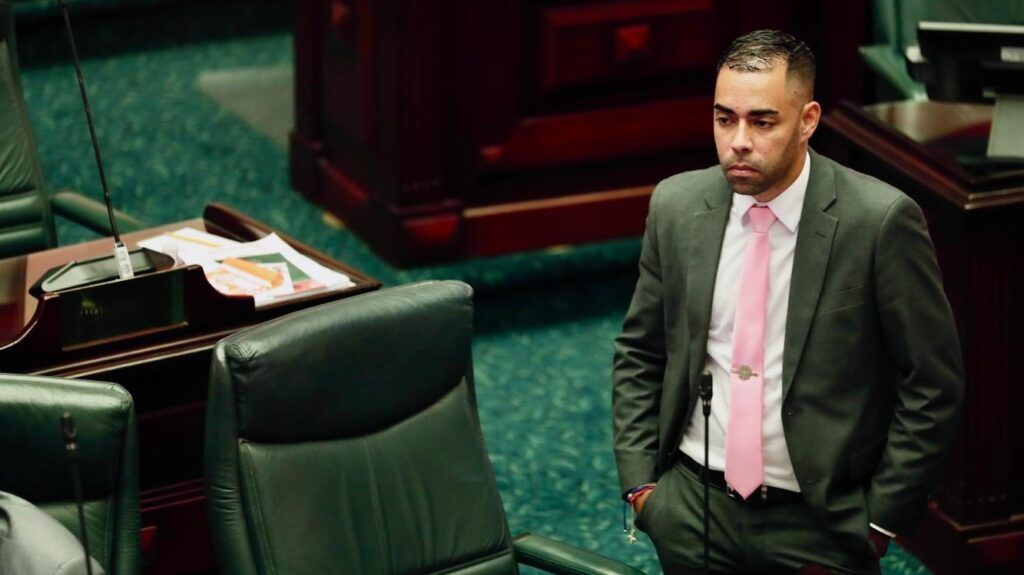




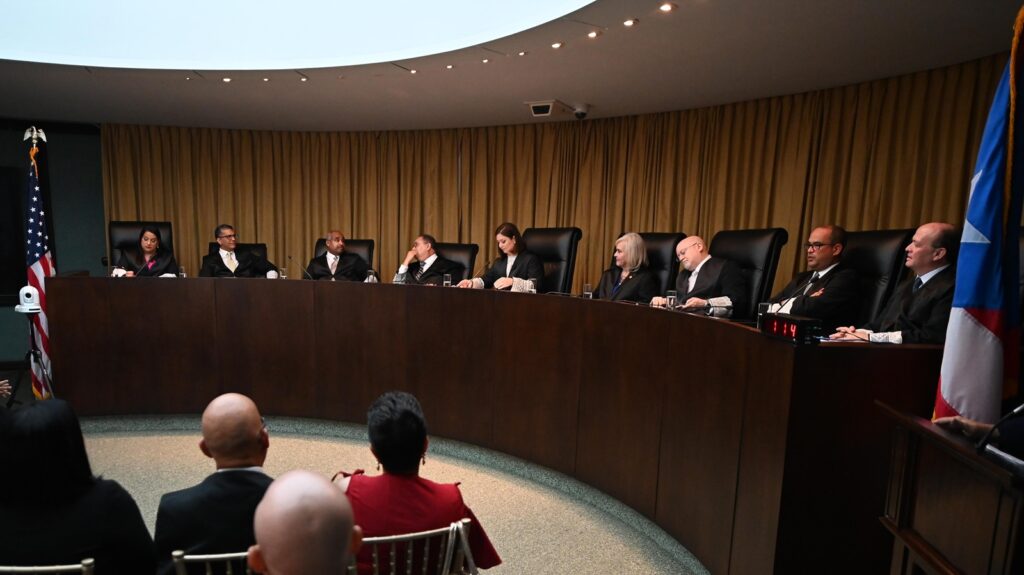

Comentarios {{ comments_count }}
Añadir comentario{{ child.content }}